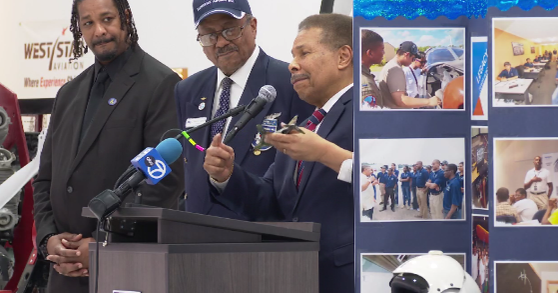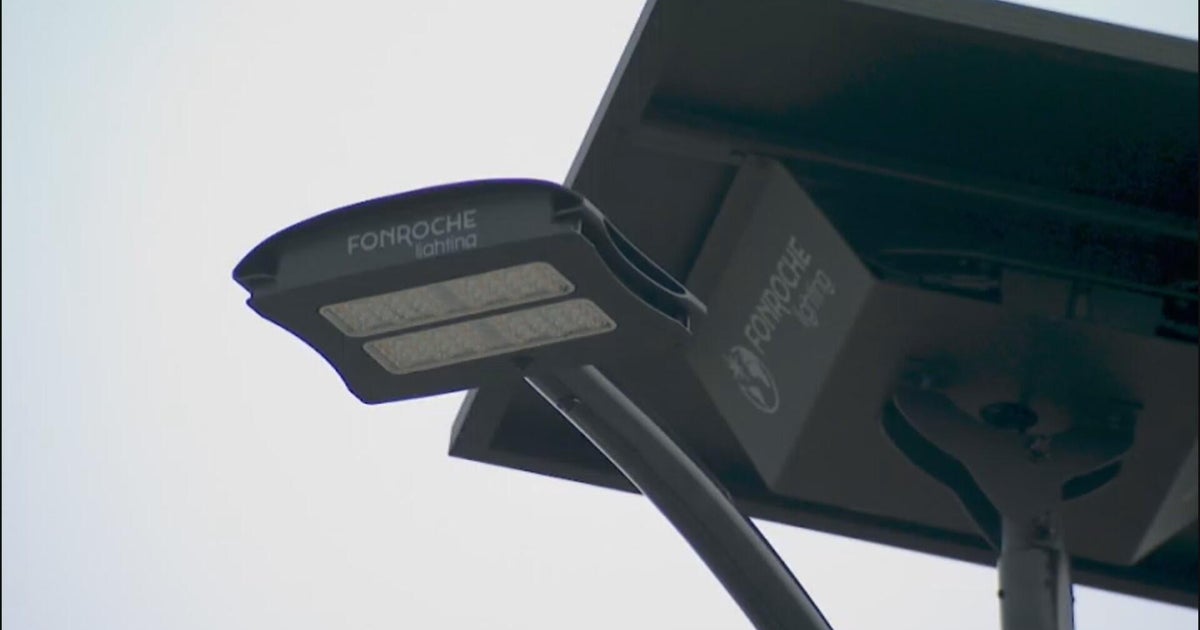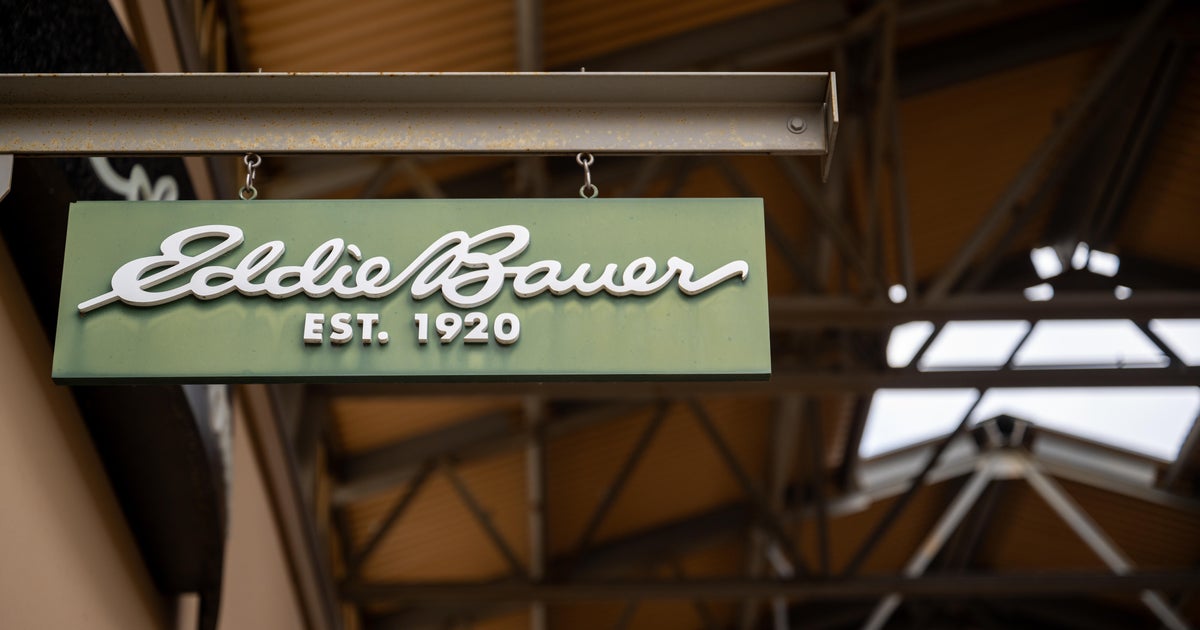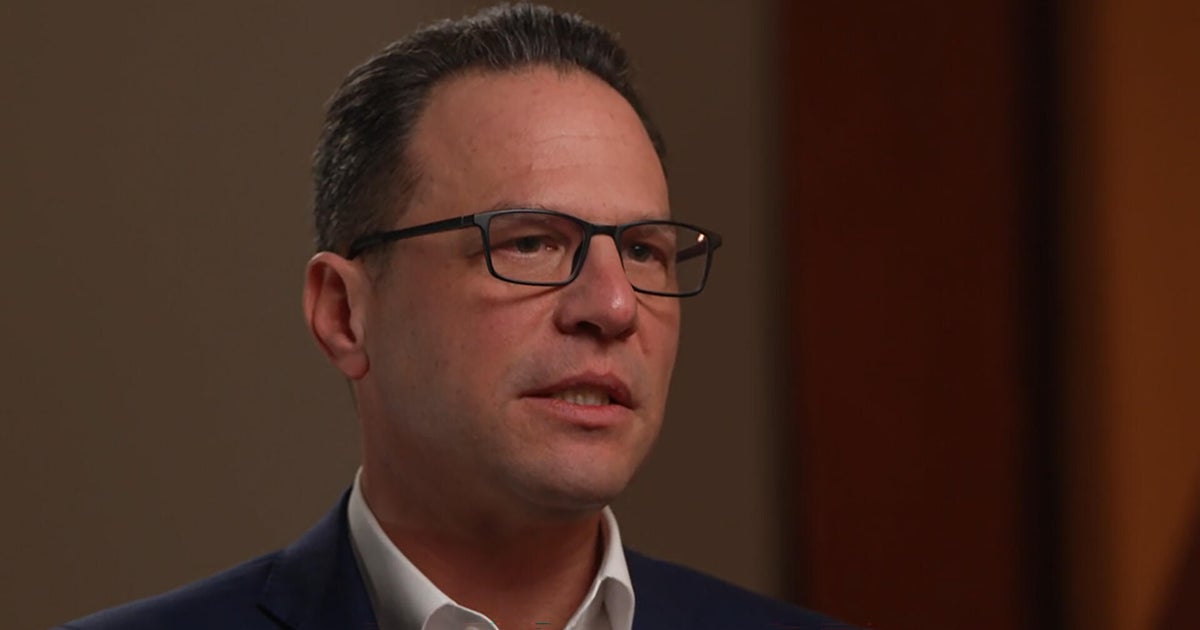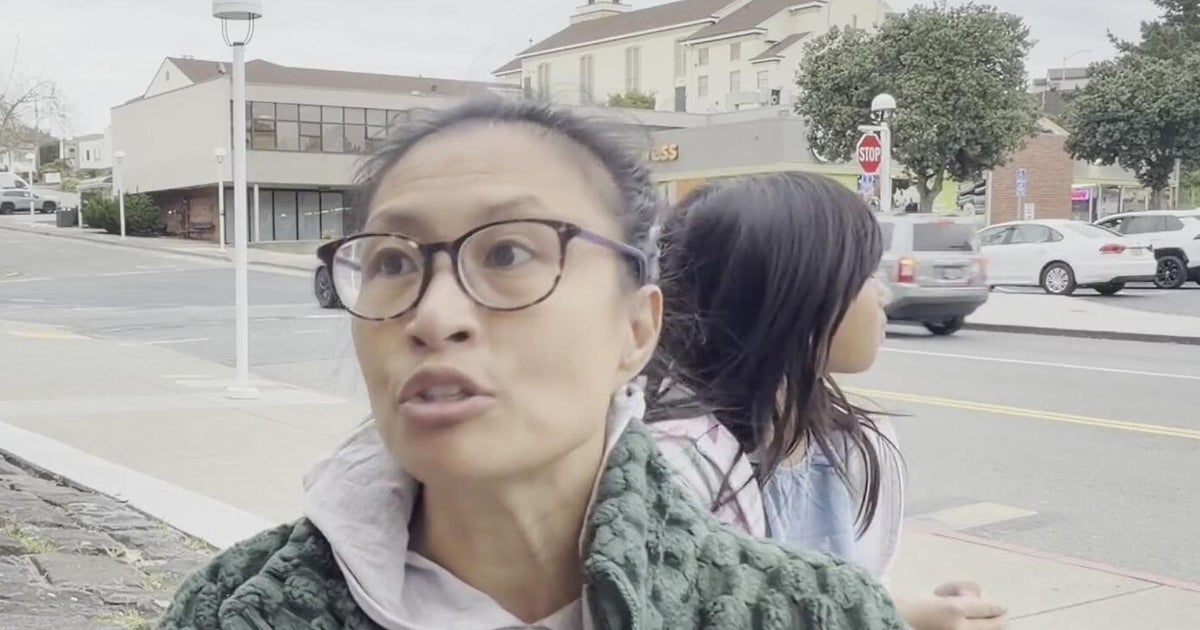ECD, United Solar File Chapter 11
AUBURN HILLS (WWJ) - Energy Conversion Devices Inc. (Nasdaq: ENER) and its solar panel manufacturing subsidiary United Solar Ovonic LLC filed for Chapter 11 bankruptcy protection Tuesday in U.S. Bankruptcy Court for the Eastern District of Michigan.
The company cited its "current capital structure and legacy costs" for making the filing necessary. Dow Jones reported the filing came after ECD was unable to come to terms on an out-of-court deal with its
bondholders.
Company officials said ECD intends to sell United Solar and, in a separate sale, "other assets," including its minority stake in the computer memory developer Ovonyx Inc.
ECD said United Solar will continue to operate during the sale process.
ECD was founded in 1960 in a Detroit storefront out of the pioneering work of scientist and inventor Stanford R. Ovshinsky, 83, who has been granted about 400 patents over the past 50 years. His research into so-called disordered and amorphous materials led to advances like nickel-metal-hydride batteries, thin and flexible solar panels, flat screen liquid crystal displays, rewritable CDs and DVDs and advanced computer memories. Ovshinsky is self-taught, without formal college or graduate training.
ECD was a perennial money-loser throughout most of its history, but continued to attract new investment based on its remarkable scientific portfolio. In 2011 the company lost $306 million on sales of $233 million, and in 2010 it lost $457 million on revenue of $254 million.
The company said it generated about $20 million in revenue and shipped about 11 megawatts of solar product in the quarter ended Dec. 31. But officials said it "continued to operate at unsustainable levels, resulting in substantial losses and a continued decline in cash balances ... the company has determined that its current financial position is insufficient to sustain the current operating environment and make the necessary investments for the future of the business, without restructuring through the bankruptcy process."
ECD cut 500 employees from its work force late last year and furloughed hundreds of others as production was halted. At this point, company officials say ECD has about 450 employees in Michigan, split about equally between its operations in Oakland County and at a solar panel plant in Greenville, near Grand Rapids.
Ovshinsky left ECD in 2007 and established a new company, Ovshinsky Innovation LLC, devoted to developing the scientific basis for highly innovative and revolutionary energy and information technologies.
ECD said it had obtained support for its divestiture plans through a formal agreement with about 70 percent of the holders of $263 million worth of debt.
"We firmly believe there is a strong and sustainable commercial market for Uni-Solar products," said Julian Hawkins, ECD president and CEO. "USO's next-generation, 12 percent efficient, flexible PV products build upon 25 years of PV experience and enable highly competitive production costs with a fundamentally differentiated product. However, our current capital structure and legacy costs are preventing USO from making the investments necessary for the future of the business without restructuring through the bankruptcy process. The processes we initiated today will afford greater opportunity for ECD to maximize value for its stakeholders and conduct an orderly sale of USO to ensure it is viable and successful for the long run."
ECD retained the investment banking firm Quarton Partners LLC to manage the sale process, which is expected to be completed within 90 days. To participate in the USO sale process, contact Andre A. Augier at (248) 594-0400 or aaugier@quartonpartners.com.
On Monday, Feb. 13, ECD said sold its majority owned subsidiary, Ovonic Battery Co. Inc. to BASF Corp. for the gross purchase price of $58 million in cash before transaction fees, minority participations, and working capital and other adjustments. OBC is the inventor and worldwide licensor of nickel-metal hydride rechargeable battery technology and is pursuing advanced battery technologies, including cathode materials for lithium-ion chemistry batteries. ECD said 35 OBC employees have been hired by BASF as part of this transaction.
ECD maintains a portfolio of other assets including intellectual property, miscellaneous fixed assets, and a 39 percent stake in its Ovonyx Inc. joint venture. Ovonyx holds the patents in, and is pursuing the commercialization of, phase-change random access memory. Ovonyx is a joint venture with its co-founder Tyler Lowrey and its shareholders include Intel Corp. Ovonyx's licensees include Micron, Samsung, Hynix, and ST Microelectronics, among others. Quarton Partners, LLC will also manage the sale of these additional assets.
Solar Integrated Technologies Inc., a U.S.-based subsidiary of ECD, has voluntarily filed a petition for relief under Chapter 7 in the U.S. Bankruptcy Court for the Eastern District of Michigan in a separate proceeding. SIT is an engineering, procurement and construction management company with solar installations in the U.S. and Western Europe. As a result of this filing, SIT and its European subsidiary, Solar Integrated Technologies GmbH, will continue to operate, though separately from ECD and USO, during the disposition of the SIT proceeding.
With the sale of Ovonic Battery, ECD said it now has $145 million in cash and short-term investments. The company said its current cash hoard "is anticipated to be sufficient for expected operations during the Chapter 11 proceeding, and therefore the company is not expected to require third party debtor in possession financing."
Information about the ECD and USO cases as well as relevant information for customers, suppliers and partners can be found in the "Restructuring" section of the company's Web site at www.energyconversiondevices.com.
The company said that based on the estimated value of its assets, ECD shareholders will receive nothing out of the bankruptcy.
Unlike other solar industry collapses in recent months, ECD had no loans from the federal government.
